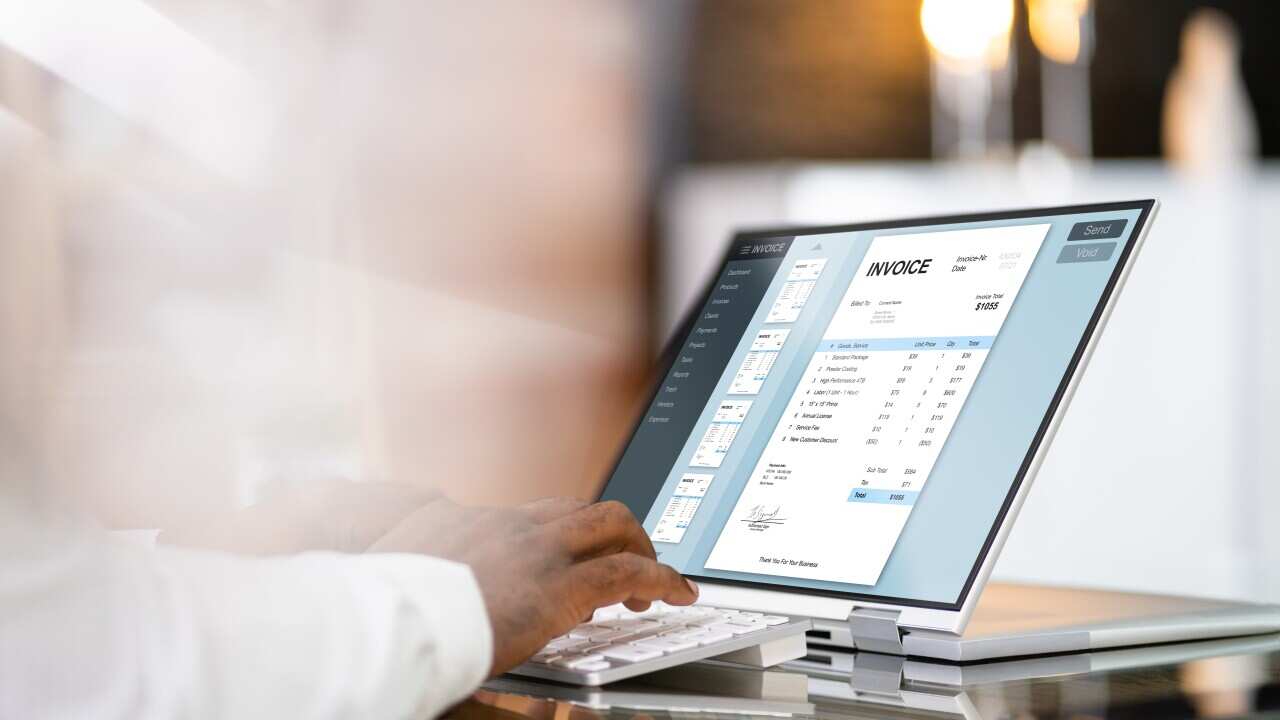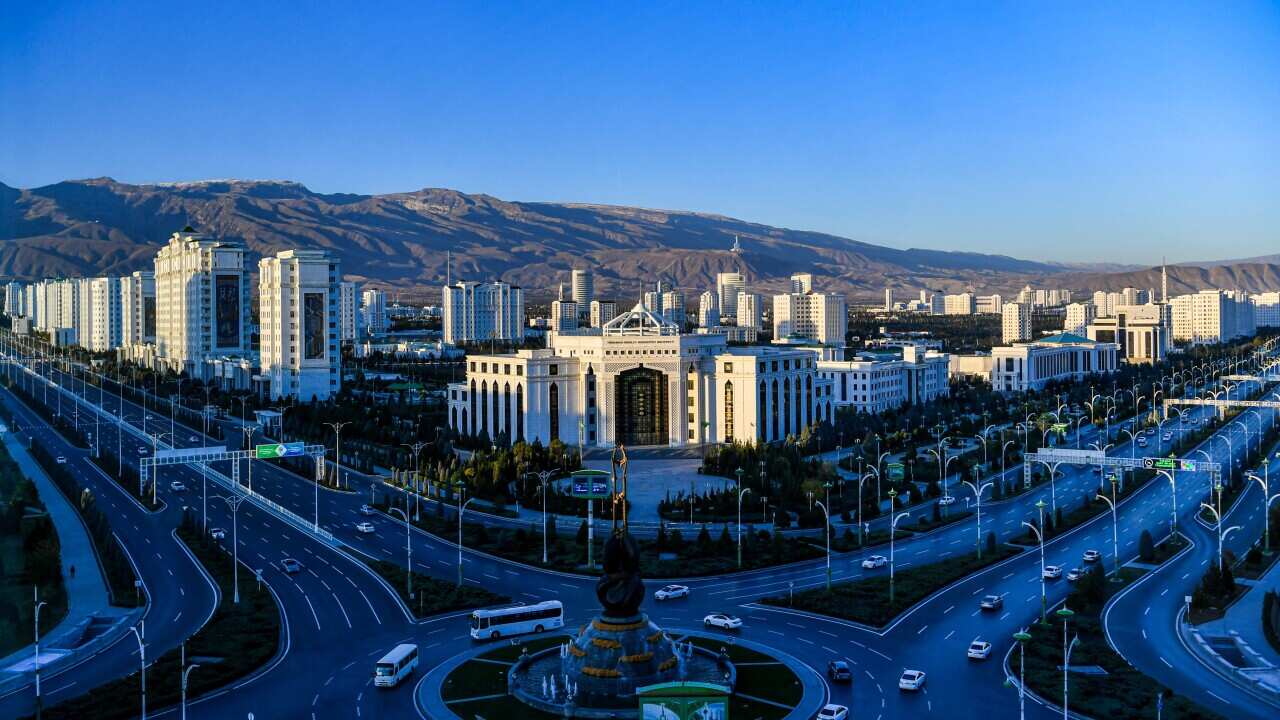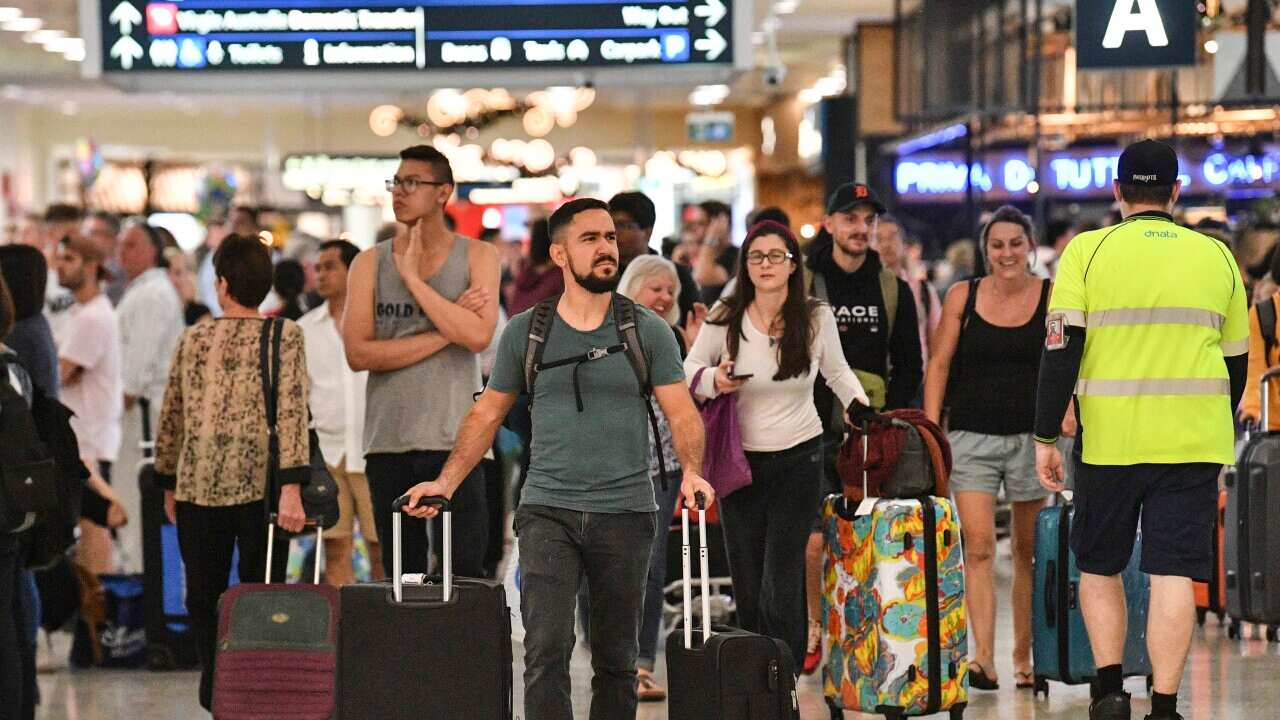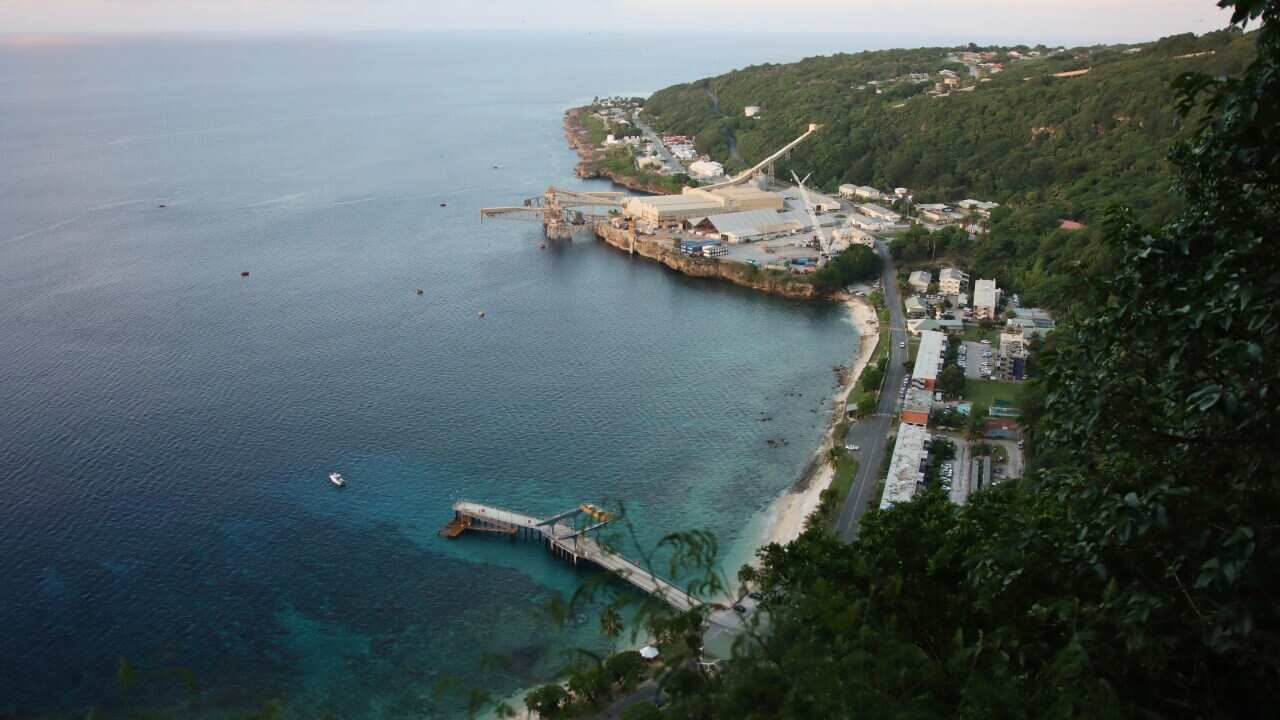For women in Sierra Leone, my country of birth, falling pregnant can be a death sentence.
in Sierra Leone has a lifetime risk of dying from childbirth-related issues, one of the highest maternal mortality rates in the world.
I was resettled in Australia as a refugee in 2000 and gave birth to my daughter, Sarafina, five years ago. It was an arduous labour – had I still been living in Sierra Leone, there’s a good chance neither my daughter nor myself would have survived.
Last September, I travelled to my country of birth to take a closer look at the state of women’s health provision in the country, and meet some young mothers. While there I met women who humbled me and, as a mother myself, their stories broke my heart.
Zainab Benjeh was the first patient that we meet at the Aberdeen Women Centre (AWC) – she was being prepared for a fistula operation the following day.
We asked Zainab how she came about having fistula – which is a hole between the vagina and the rectum, caused in many cases is caused by obstructed and prolonged labour.
She started to explain, while lying in her bed and weeping, her voice broken.
When Zainab had gone into labour, her family could not afford to take her to the hospital. It took three days for her village to come up with the money. Her family had to get someone with a motorcycle to buy some petrol to take to the ambulance, and for the ambulance to pick her up and take her to the hospital. By then, she had already formed a fistula.
I asked her why she was so sad, and how does she feel since she developed the fistula. She said what she missed most was family and her community
“Nobody wants to eat when I cook,” she said.
“My husband has moved out of our house, because I smell, no one comes around me, I'm all alone.”
For the first time in my life, I understood what losing your dignity truly means – Zainab cried and cried.
For me, seeing Zainab so broken into shame and embarrassment for what this condition has done to her, I felt every bit of her brokenness. It was so distressing to see this woman falling to pieces.
My own personal experience of childbirth, combined with realising how fortunate I was to have access to quality maternal health care, motivated me to that seeks to improve services available for pregnant women in Sierra Leone like Zainab, as well as young mothers and their babies.
In 2016, my organisation began operations by partnering with the AWC in the capital Freetown.
We support a group of teenage girls who became pregnant while being quarantined during the Ebola crisis and are enrolled in a program known as the Dream Team.
The centre aims to empower and educate these vulnerable teenagers through the provision of a maternal education package offering both antenatal and postnatal classes, and by enabling these young women to make informed choices and be prepared for labour, delivery, and motherhood.
A further component – and reason behind the program’s name – is that these girls are encouraged to dream about their futures, and that becoming a mother at such a young age need not define their futures.
90 per cent of the country’s health facilities are in the capital, and I witnessed first-hand the severe consequences this has in rural areas. What few clinics still exist have neither the requisite equipment or access to drugs for their patients, while others got discarded after they were used as Ebola quarantine centres.
Maternal birth injuries, especially fistula, are common in regional areas. Without treatment, women run a great risk of infection or worse and become social outcasts among their families and friends.
The AWC is the only facility in the country offering free fistula surgery and performs over 1,100 operations a year at a cost of more than AUD$1,225 each.
But there are thousands of women who do not have access to treatment, many due only to the lack of transport into Freetown.
Five years from now, I plan on my foundation building a facility similar to the AWC in a regional area, which can increase resources and empower communities through educating young girls and women about maternal health.
My ambition is to see women in Sierra Leone experience the joy of birth and live life to the fullest.
Every baby deserves to be born healthy and in a stable environment, irrespective of their country of birth.
Health care should be accessible and affordable for every woman, not just a privileged few. Maternal mortality is preventable – if people work together, it can be stopped.
Aminata Conteh-Biger is a maternal health advocate and founder of The Aminata Maternal Foundation.










